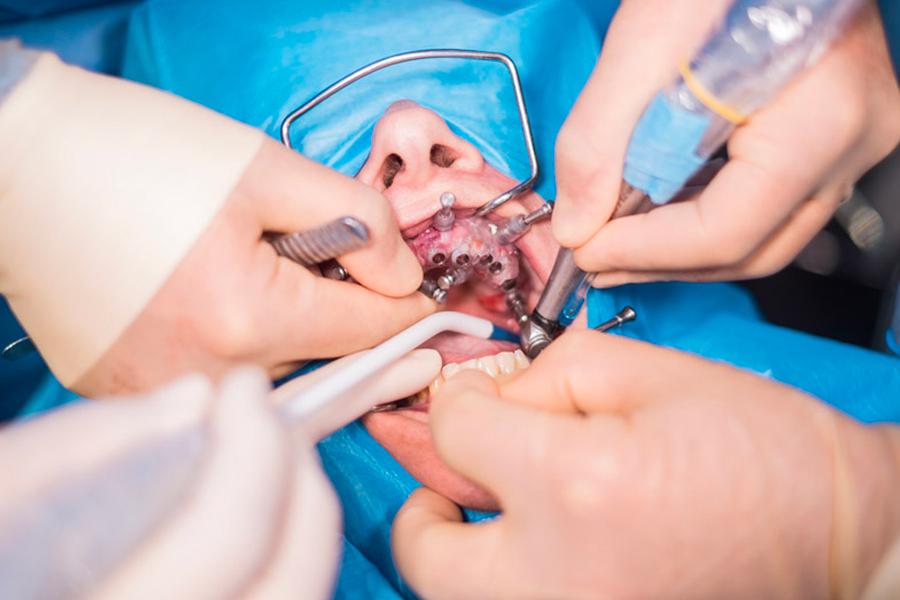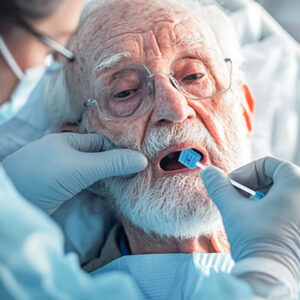Oral Surgery Assessment Prior to Surgery: Achieving Safety and Success

Image Source: drquadri.com
Oral surgery encompasses many different procedures, including wisdom teeth removals, facial reconstructions, and dental implant placements. Oral surgeries are dependent on an accurate preoperative assessment, regardless of their specific procedures. Santa Monica Center for Oral Surgery (a leading institution for maxillofacial and oral surgery) considers the preoperative examination a cornerstone for its practice. In this article, the importance of preoperative oral surgery assessment will be explored, focusing on its role in ensuring optimal patient outcomes and well-being.
Understanding Preoperative Assessment
Preoperative assessment is often called the preoperative exam or evaluation. This comprehensive process occurs before any dental surgery procedure. Its primary objective is to evaluate a patient’s overall health. This includes gathering essential medical information as well as assessing any potential risks and complications that could arise during the surgical procedure. Oral Surgery performs this step with precision to provide patients with the highest level of safety and quality.
Physical Examination
A comprehensive physical is conducted in order to determine the general condition and health of the patient. Oral Surgery is a group of experienced oral surgeons who pay particular attention to the head and neck region. This area directly impacts the planned dental surgery. During the assessment, any structural or morphological anomalies that may affect the oral surgery are noted.
Diagnostic Tests
Depending upon the nature of your oral surgery, you may order diagnostic tests, including X-rays, CT scanners, and 3D imaging. These imaging studies offer detailed information about the orofacial and maxillofacial tissues, allowing for precise surgical planning. Oral Surgery has state-of-the-art technology that ensures the accuracy of these tests.
Laboratory Investigations
In order to determine the patient’s hematological health and ability to clot, blood tests such as complete counts and coagulation profiling are done. These tests assess the patient’s likelihood of bleeding excessively during the procedure, allowing them to make informed decisions.
Why Preoperative Assessment Is Important?
-
Risk Assessment and Mitigation
The preoperative assessment of potential risks is vital for identifying complications and possible risks that could arise in oral surgery. Oral Surgery, a group of oral surgeons in Los Angeles, can evaluate the health status of patients by reviewing their medical histories and conducting physical exams. These details will allow them to create a custom-made plan for reducing these risks.
-
Customized Treatment plans
Preoperative assessments allow oral surgeons the opportunity to create customized treatment programs that take into account each patient’s needs and circumstances. These personalized plans maximize the chances of success, whether they’re modifying anesthesia protocol or modifying surgery techniques.
-
Minimizing Postoperative Complications
Proper preoperative evaluation can prevent or reduce postoperative complications. Oral Surgery provides a surgical team that can identify and address potential complications in advance.
-
Safety and Comfort in the Hospital Setting
Preoperative assessment prioritizes patient comfort, safety, and well-being. Oral Surgery prioritizes the health of its patients. Patients can feel confident knowing that safety measures have been taken throughout the entire process.
The Conclusion
Preoperative assessment in oral surgery is vital. It is the foundation on which successful and safe surgery is built. Santa Monica Center for Oral Surgery uses a detailed and comprehensive preoperative evaluation to determine the patient’s individual needs and deliver the highest standard of care.
Oral Surgery oral surgeons have the experience to review medical histories, conduct physical examinations, order diagnostic tests, or perform laboratory investigations. This allows them to identify potential risks and mitigate them, create customized treatment plans, and enhance safety and comfort for patients. These efforts are part of their commitment to deliver exceptional oral surgical care.




